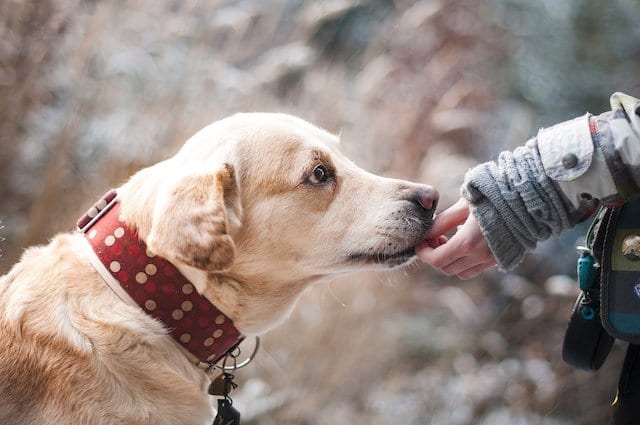Man’s best friend is now on its way to becoming man’s best defence against the coronavirus as a British charity looks into training dogs to detect the virus in humans.
UK association Medical Detection Dogs have spent years researching dogs and how their uncanny sense of smell may be used for more than just hunting truffles. The charity has already successfully taught dogs to detect malaria, and now they are planning to tackle the novel coronavirus.
The science behind this is simpler than it seems. Through their research, Medical Detection Dogs has formulated a hypothesis that each disease has its own particular odour. Using this as a basis, the organisation has begun preparations for concentrated dog training to give the public health sector a rapid, non-invasive and inexpensive diagnosis. They estimate the training will take six weeks.
The way they teach the dogs is by giving them samples to smell in a controlled training room. When they find a positive sample, they alert the human in charge, much the way a drug-seeking canine is used in law enforcement.
Once trained, dogs could also be used to sniff out and identify infected travellers entering countries or be deployed in other public spaces to keep the disease from spreading.
“In principle, we’re sure that dogs could detect Covid-19. We are now looking into how we can safely catch the odour of the virus from patients and present it to the dogs”, Dr Claire Guest, CEO and Co-Founder of Medical Detection Dogs said. “The aim is that dogs will be able to screen anyone, including those who are asymptomatic and tell us whether they need to be tested. This would be fast, effective and non-invasive and make sure the limited NHS testing resources are only used where they are really needed.”
Of course, the dogs could be used anywhere, such as at the Monaco borders, giving public safety officers a first line of defence and a way to alert infected people that they should seek medical attention.
This could be a real game changer in the fight against the disease which has already topped 1.8 million cases.
Professor James Logan, Department Head of Disease Control at The London School of Hygiene and Tropical Medicine agrees, saying, “Our previous work demonstrated that dogs can detect odours from humans with a malaria infection with extremely high accuracy – above the World Health Organisation standards for a diagnostic. We know that other respiratory diseases like Covid-19 change our body odour so there is a very high chance that dogs will be able to detect it. This new diagnostic tool could revolutionise our response to Covid-19 in the short term, but particularly in the months to come, and could be profoundly impactful.”
Dogs being taught to detect Covid-19
